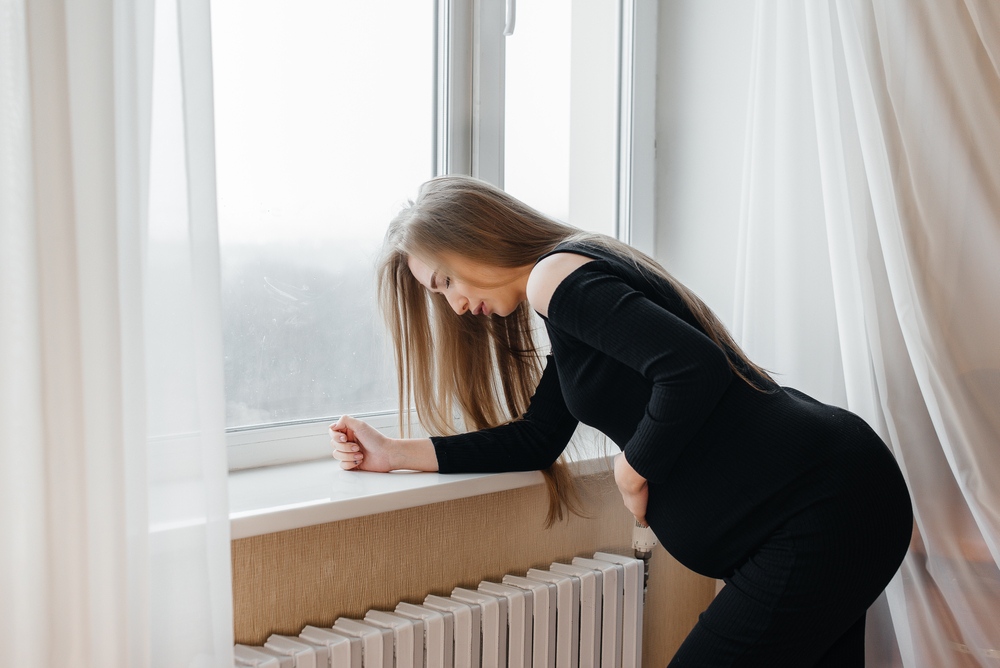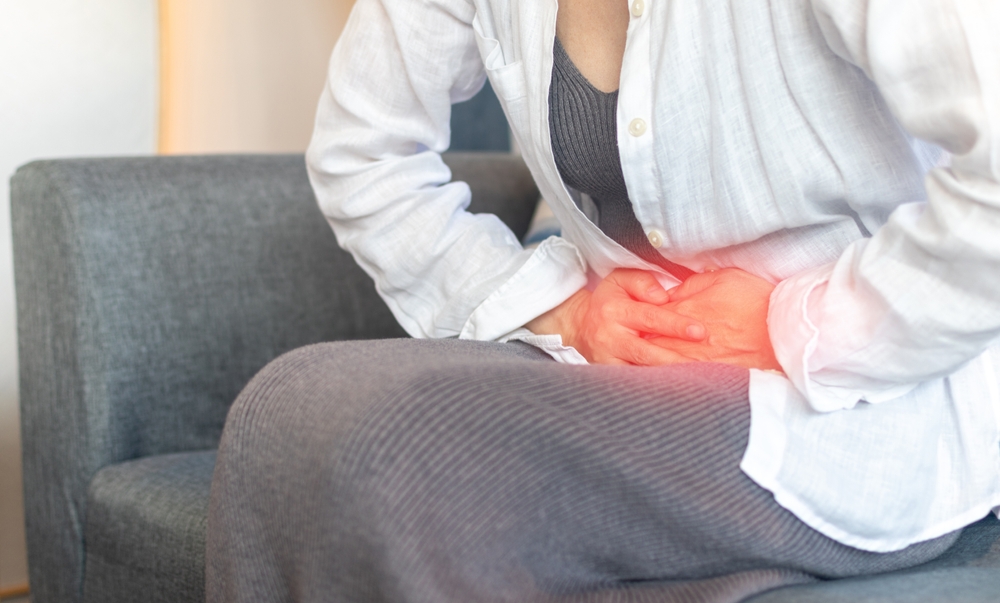Ovarian veins are a key part of the female reproductive system. They are responsible for draining blood from the ovaries and sending it back to the heart. These veins help to make sure the ovaries function properly during a woman’s normal menstrual cycle, in pregnancy and even after menopause. Read on for more about pelvic pain and ovarian varicose veins.
What are some of the common symptoms of ovarian varicose veins?
One of the more common problems that occurs when ovarian veins fail and allow blood to leak back into the pelvis, is the development of pelvic varicose veins. These varicose veins cause symptoms such as pain, aching and heaviness. Also known as pelvic congestion syndrome. This occurs when the veins in the pelvis are pressurised by the leakage and become dilated and thick with blood. Especially while standing. The discomfort may also be worse during menstrual periods, pregnancy or when a person stands for too long. Not all pelvic varicose veins have symptoms though.

What treatments are available?
Treatment for ovarian varicose veins does depend on how bad the symptoms and pain are and the cause of them. Here are some treatments:
- Just managing them. For mild cases of ovarian varicose veins. Approaches may include lifestyle changes. Such as not standing for a long time. Simple pain relief, such as paracetamol and ibuprofen.
- Hormone therapy. In some cases, hormone therapy may be needed to regulate hormone levels. This is if hormonal imbalances add to the development of ovarian varicose veins.
- Minimally-invasive. These will use X-ray and are now the standard-of-care for treating pelvic varicose veins that have painful symptoms. Called ovarian vein embolisation. A thin tube is inserted into the ovarian varicose vein, with fine coils placed to block the blood flow. This causes the vein to shrink and collapse and so reduce the symptoms.
- Surgery is rare.
Next steps if you have pain in your pelvis
It’s important to see a medical doctor if you think you have any issues with your ovarian veins. They will be able to diagnose the problem and advise the best treatment for you based on your symptoms and medical history.

Early detection and prompt treatment can lead to better outcomes and improved quality of life for you.


